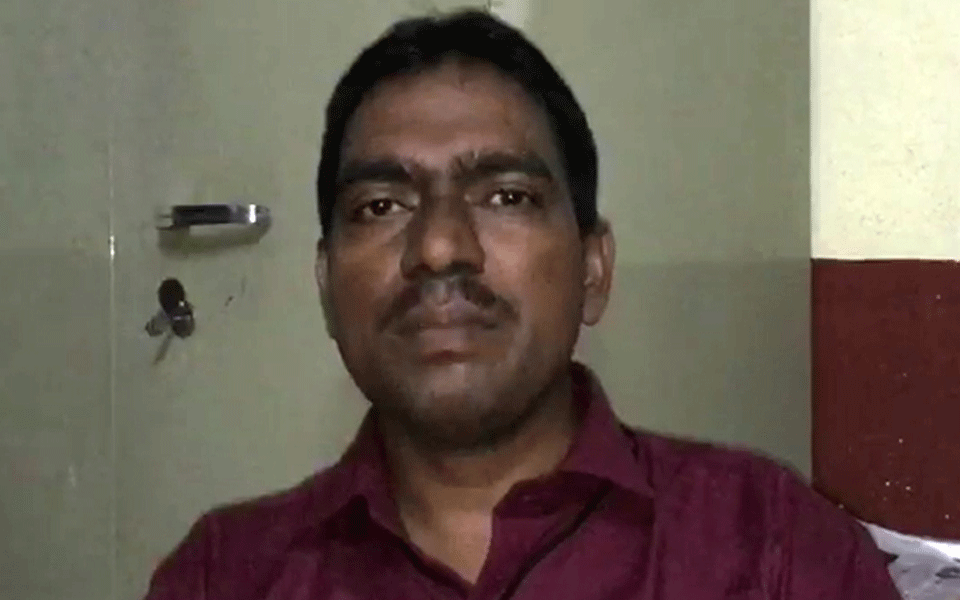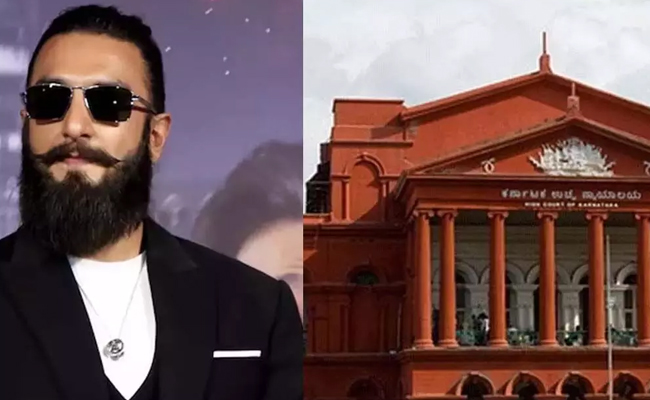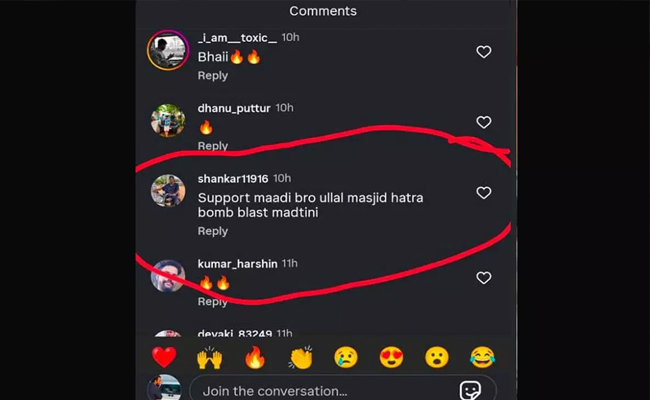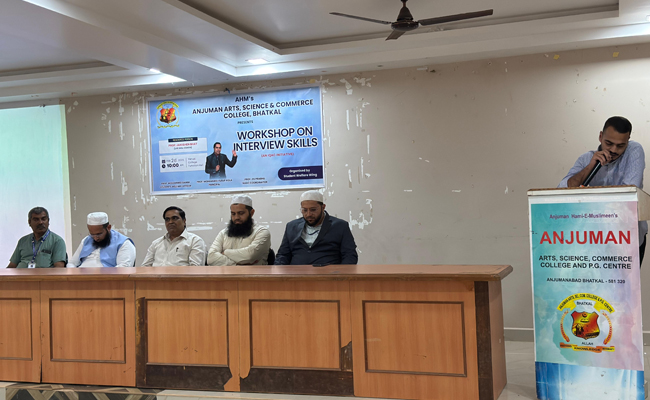Mangaluru, Sept 07: Ashraf, who was arrested for allegedly posting a Facebook post, appealed to the city police commissioner on Friday to provide him justice.
"The CCB police arrested me when police filed a suo motto complaint against me over an FB post in which I questioned superstition. False allegations have been leveled against me. I am a postgraduate, and active on social networking sites. I keep on responding to the happenings of the society."
“Over the recent flood in Kerala, some people had posted “the court permission for the entry of menstruating women to Sabarimala temple was the main reason for flood situation in Kerala.” “Then what is the reason of flood situation in Tulu Nadu which is the creation of Parashuram? I had asked”, he said in the plea.
“Based on such a simple post, the Mangaluru North (Bunder) police have booked suo motto case against me under section 153, 505 (2),” Ashraf explained in detail every torture he faced by the Bunder police and CCB police. Ashraf further wrote that he was threatened not to reveal all these things in front of the judge and produced in the court. The court had sent me to the judicial custody for six days. The jail staff has taken over my purse, cash, and items worth Rs. 3,000, "Ashraf said in the appeal.
"After getting released on bail, I had told about this to DYFI and wrote the whole thing and posted on Facebook as well. For that, once again the Bunder police inspector Suresh came to me and threatened that they would present a report in the court to cancel the bail. They have forcibly taken confession letter from me. They also threatened me not to write anything on Facebook hereafter, " he said in the plea.
"In all, I have faced injustice in this entire case. I was preparing to become a lecturer in the future but now became a criminal by this injustice. Now I am mentally disturbed, and my prospects are inadequate. Take action against the guilty," he pleaded.
DYFI demands a comprehensive investigation
The DYFI has given a memorandum to the police commissioner to provide justice to the victim Ashraf and carry out a detailed investigation in the case.
DYFI district secretary Santosh Bajal, Naveen Konchadi, and Asha Bolur were present.
Let the Truth be known. If you read VB and like VB, please be a VB Supporter and Help us deliver the Truth to one and all.
Bengaluru (PTI): The Karnataka High Court on Monday extended the interim relief given to Bollywood actor Ranveer Singh till March 9, in a case related to mimicking a character from the movie, 'Kantara Chapter-1', and allegedly mocking a deity.
The actor had approached the High Court seeking the quashing of the FIR against him for mimicking Rishab Shetty's role as 'Chavunda' deity in the movie.
While mimicking, Singh had called the deity a "ghost". The actor was asked to appear before the court in person on Monday.
Appearing on behalf of the actor, his counsel Sajjan Poovayya said Singh was stuck in London and was unable to reach Bengaluru due to the conflict in West Asia.
The complainant, who is a lawyer, alleged that his religious sentiments were hurt by calling the deity a ghost. On the directions of a local Court, the police registered a case against the actor.
The High Court on February 24 granted interim relief to the actor with directions to the police not to take any coercive steps against him.





